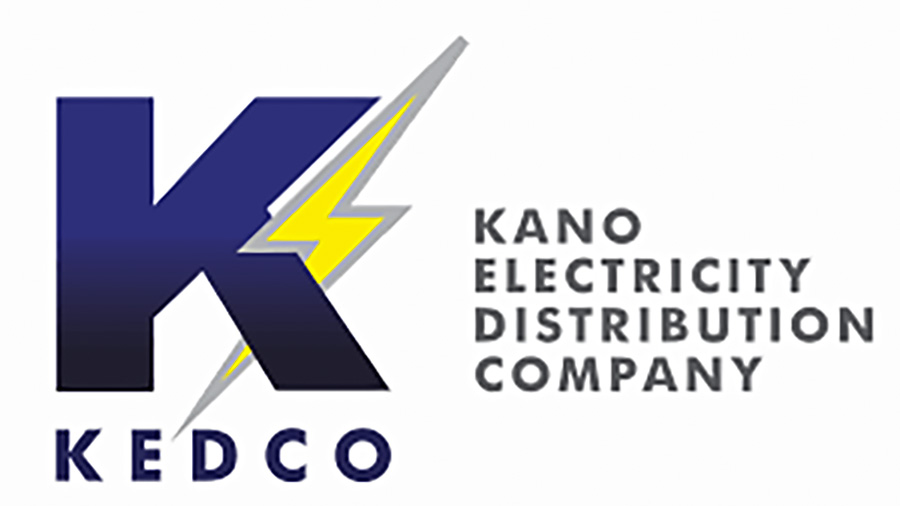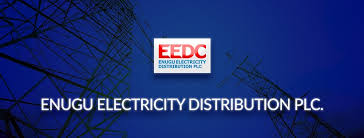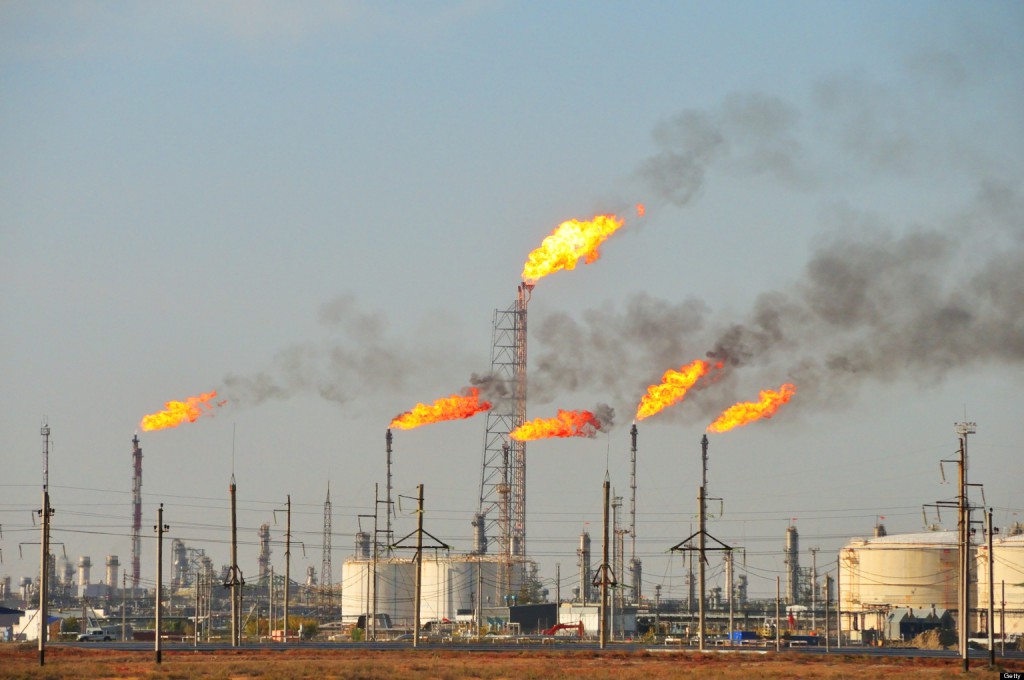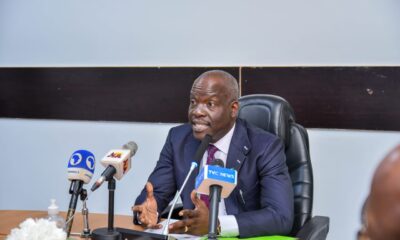Energy
NUPRC Chief calls for establishment of African Petroleum Regulatory Forum

The Commission Chief Executive of the Nigeria Upstream Regulatory Commission (NUPRC), Gbenga Komolafe has called for the establishment of African Petroleum Regulatory Forum.
Komolafe made this known while delivering an address at the Annual PETAN Sub-Saharan Africa International Petroleum Exhibition and Conference (SAIPEC)
The conference was themed: “The Next Steps: Accelerating African Content.”
Speaking, the NUPRC Chief said with over 125 billion barrels of oil and 620 trillion cubic feet of natural gas reserves as well as other natural resource potentials.
“Africa is richly endowed with resources, but we must re-examine our strategies and respond through deliberate policies and programmes that suit our regional circumstances given the evolving global energy landscape.” He said.
Speaking further, Komolafe noted that the time has come for African Petroleum Regulatory Agencies to come together to discuss our common challenges with a view to achieving our common objectives.
“At the heart of this vision is the need to establish the African Petroleum Regulatory Forum (AFRIPERF) to work collaboratively in shaping the regulatory landscape of Africa as well as have a unified voice for stronger and more influential representation on the global stage.
“It is our hope that the framework for the AFRIPERF engagement will be set-up in the course of this Conference to set the stage for future periodic meetings that will culminate in numerous benefits including entrenching best practices and regulatory stewardship, facilitating knowledge sharing and technology transfer, attracting investment and enhancing global competitiveness etc,” he explained.
Commenting on Nigeria’s oil production, Komolafe said the Commission is taking strategic measures to arrest some challenges confronting it in order to boost the country’s production and meet its potential.
He identified measures to improve transparency in hydrocarbon measurement and accounting as some of the steps the agency is taking to boost oil production.
“Collaborative work programme administration with the E & P companies, and close monitoring to ensure that they meet their work programme obligations, Acceleration of field developments (FDPs) through timely approvals and ensuring speedy execution, Production optimisation by ensuring wells are tested periodically and produced at optimal rates, identifying candidate wells for workover and interventions and adoption of Enhanced Oil Recovery processes and technologies,” were some of the strategies enumerated by Komolafe.
Energy
KEDCO, iRecharge partner to block electricity payment leakages


The management of Kano Electricity Distribution Company (KEDCO) on Tuesday entered into partnership with iRecharge Technology to block bills payment leakages and ease payment of electricity bills.
The iRecharge payment product was launched in Kano.
The Managing Director of KEDCO, Malam Abubakar Yusuf, expressed delight over the partnership, urging customers to embrace the initiative.
He described the iRecharge payment platform as a positive milestone deployed to allow customers pay their bills with convenience.
According to him, the initiative marks the beginning of a new era for KEDCO, as it embarks on the strategic partnership with iRecharge Tech.
“Today, KEDCO is adding a new dimension to its digital solutions by embarking on a promising and exciting journey that will ultimately reposition our company’s revenue drive.
“It will also support our efforts towards the reduction of commercial and collection losses.
“Our collaboration with iRecharge Technology signifies our commitment to leveraging technology for enhanced service delivery, plugging revenue leakages, and ultimately providing better payment solutions’’ he said.
He was hopeful that the partnership would not only streamline the company’s operation and improve collections but also enhance customer satisfaction.
“The solution is not only convenient but also cost-free and effortless for our esteemed customers. Either through bank transfers, the use of USSD, or other user-friendly options, no matter your preferences, you are covered.
“Therefore, we are optimistic that in weeks to come this payment solution will begin to yield the desired objectives.
” I solicit the support and commitment of all the stakeholders towards achieving the laudable objectives of this important partnership with iRecharge”, he said.
Demonstrating the payment solution, the Chief Growth Officer of iRecharge Technology, Abubakar Mohammed, explained that the iRecharge payment platform is the easiest and smartest way to pay electricity bills.
According to him, Utility Loans allow customers who open payment account with iRecharge to receive loans, pay their bills promptly and enjoy power supply without hitches.
He said payments could be made through many platforms, including e-payment, whatsAPP platform with 09096666612, www.irecharge.ng, *6606*1#, among others.
Energy
Enugu Electricity Distribution Company implements tariff reduction for Band A customers in South-East region


The Enugu Electricity Distribution Company (EEDC) has announced a reduction in electricity tariffs for customers in the Band A feeders across the South-East region.
This decision follows the directive issued by the National Electricity Regulatory Commission (NERC), instructing all 11 Discos to adjust their tariffs to N206.80/kWh instead of the previous rate of N225/kWh for customers in Band A feeders.
The announcement was made in a statement released by Mr. Emeka Ezeh, the spokesperson for EEDC, in Enugu on Monday.
The statement reads: “We wish to inform our valued customers that the end-user tariff for our Band A feeders has been revised downwards from N225/kWh to N206.80/kWh under MYTO 2024, effective from May 6, 2024.
“We assure our customers that the daily minimum 20-hour supply will continue uninterrupted. Please note that the end-user tariffs for Bands B, C, D, and E feeders remain unchanged.”
Energy
Oil firms lose N341bn to gas flaring in 12 weeks


Nigeria reportedly lost N340.87 billion to gas flaring in the first quarter of 2024, as oil and gas firms operating in the country’s oil and gas sector flared 83.9 billion standard cubic feet (BSCF) of gas in three months (January and March 2024), according to latest data released by the National Oil Spill Detection and Response Agency (NOSDRA).
In its report for the period, NOSDRA noted that the amount lost to gas flaring was 10 percent higher than the $266.9 million, about N309.871 billion, lost in 2023.
According to the environmental watchdog, the volume of gas flared in the first quarter of 2024 emitted 4.5 million tonnes of carbon dioxide into the atmosphere and was capable of generating 8,400 gigawatts hour of electricity, while the offending companies were liable for the payment of fines totalling $167.7 million, an equivalent of N194.699 billion.
In comparison, NOSDRA noted that between January and March 2023, the oil firms flared 76.3 billion SCF of gas, which was valued at $266.9 million (N309.871 billion); was capable of generating 7,600 gigawatts-hour (GwH)of electricity; contributed 4.1 million tonnes of carbon dioxide emission, with the firms liable for penalties of $152.5 million, an equivalent of N177.053 billion.
This was even as power generation is expected to increase by 500 megawatts (MW) in the second quarter of 2024, driven by new power plants and rehabilitated facilities.
Specifically, thermal power generation is expected to remain dominant, but renewable energy sources like solar and wind are expected to gain traction; while transmission and distribution constraints are expected to persist, affecting power availability and reliability.
Furthermore, giving a breakdown of gas flared by production segment, the environmental regulatory agency stated that oil and gas firms operating in the country’s onshore oil space flared 42.5 billion SCF of gas in the first three months of 2024, accounting for 50.72 percent of total gas flared.
NOSDRA added that the gas flared onshore was valued at $148.9 million, about N172.873 billion, with penalties payable of $85.1 million, an equivalent of N98.8 billion; while it contributed 2.3 million tonnes of carbon dioxide to the atmosphere and had the potential to generate 4,300 GwH of electricity.
In the same period in 2023, companies operating onshore, caused the country a loss of $130 million (N150.93 billion), from the flaring of 37.1 billion SCF of gas, which has power generating potential of 3,700 GwH and contributed two million tonnes of carbon dioxide emissions, while penalties payable by the companies stood at $74.3 million (N86.262 billion).
On the other hand, companies operating offshore flared gas valued at $144.7 million, accounting for 49.28 per cent of total gas flared in the first three months of 2024.
Specifically, the companies flared 41.3 billion SCF of gas; 5.63 percent higher than the 39.1 billion SCF flared in the same period in 2023; while the quantity flared elicited penalties of $82.7 million, carbon dioxide emission of 2.2 million tonnes and had power generation potential of 4,100 GwH.
Comparatively, in the same period in 2023, offshore companies flared 39.1 billion SCF of gas valued at $136.9 million, with power generation potential of 3,900; carbon dioxide emission of 2.1 million tonnes and penalties payable of $78.2 million.
Some of the offending companies, according to NOSDRA include Shell Petroleum, Development Company (SPDC), Nigerian Petroleum Development Company (NPDC), Chevron Nigeria, Mobil Oil, Elf Petroleum Nigeria, Nigeria Agip Oil Company (NAOC), Addax Petroleum, Texaco Overseas (Nigeria), Esso Exploration and Production Nigeria, Allied Energy Resources, Ultramar Petroleum, Atlas Petroleum; Cromwell and South Atlantic Petroleum, among others.
These companies flared gas from Oil Mining Leases (OML) 04, 05, 11, 13, 14, 17, 18, 22, 28, 23, 24, 38, 40, 42, 43, 72, 49, 54, 90, 95, 67, 70, 104, 59, 99, 100, 101, 102 and Oil Prospecting Licences 222, 3.
-
capital market2 years ago
Rt.briscoe, FBNH, Others halts negative performance of stock market
-
Finance3 months ago
Court orders Sen. Victor Umeh to repay N136m bank debt to AMCON
-



 Abuja Update2 months ago
Abuja Update2 months agoUNDP, FG partnership needed to achieve inclusion, equity- Minister
-
Abuja Update1 month ago
Banks drive stock market performance with N147bn gain
-



 Business2 weeks ago
Business2 weeks agoTingo Group unveils Tingo Electric, Tingo Cola drink at Lagos launch
-



 Health3 weeks ago
Health3 weeks agoCapacity training will reduce migration of health workers- NPHCDA
-
News4 months ago
Oil thieves sponsoring malicious media campaign against Navy – Spokesman
-



 Infotech1 month ago
Infotech1 month agoWorld Backup Day: NITDA urges Nigerians to ensure backup of data








